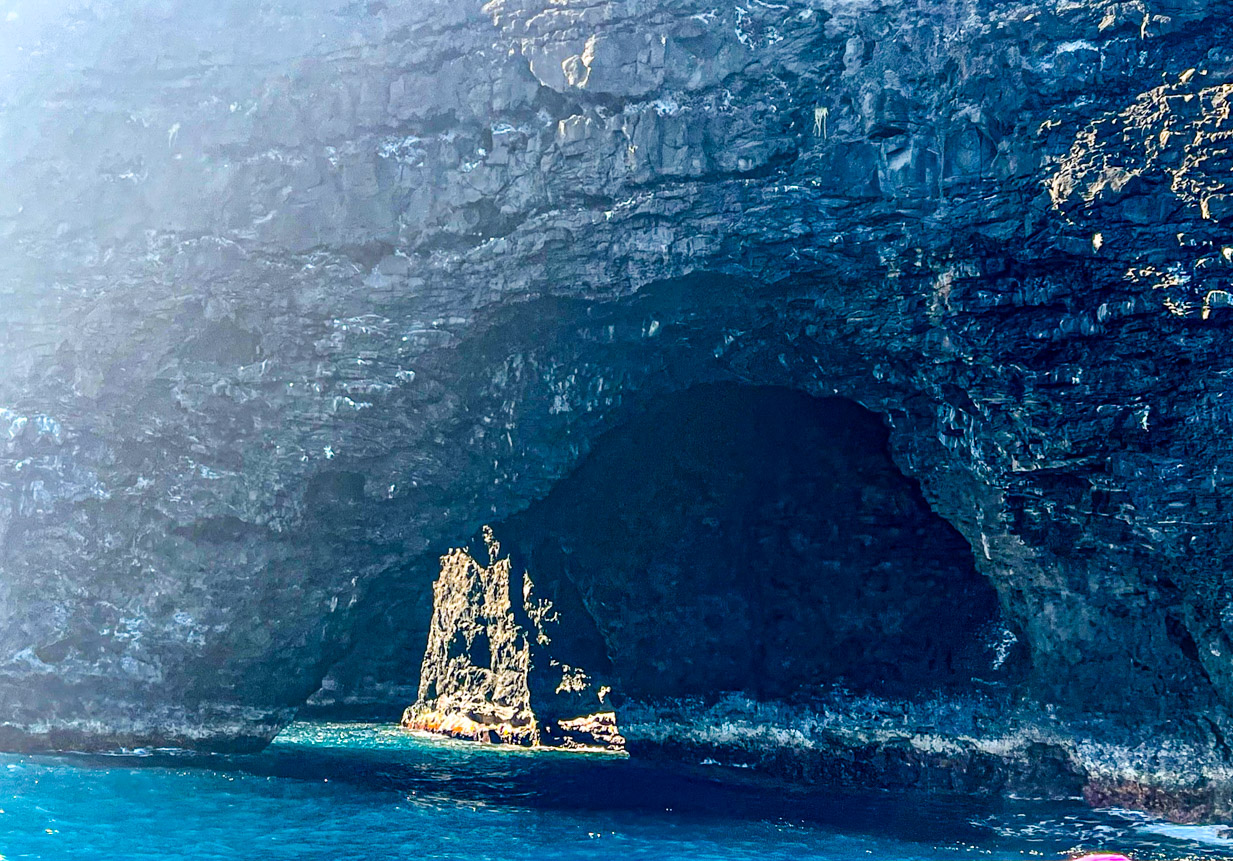

 ©Michael Player
©Michael Player
Chapter 4:1-8 (ESV) - Now when Jesus learned that the Pharisees had heard that Jesus was making and baptizing more disciples than John (although Jesus himself did not baptize, but only his disciples), he left Judea and departed again for Galilee. And he had to pass through Samaria. So he came to a town of Samaria called Sychar, near the field that Jacob had given to his son Joseph. Jacob's well was there; so Jesus, wearied as he was from his journey, was sitting beside the well. It was about the sixth hour.
A woman from Samaria came to draw water. Jesus said to her, “Give me a drink.” (For his disciples had gone away into the city to buy food.)
Question to consider: In what ways does John the Baptist typify the Old Testament Law?
The apostle John’s note about baptisms pointed to the fact that Jesus was growing in popularity while John the Baptist’s ministry was coming to an end. John was a type for the Old Testament Law. He had become obsolete and would be cut off by Herod just as the Old Covenant would become obsolete on the cross and would be cut off at the destruction of the Jerusalem temple at the end of that generation. Jesus had said of him, “Truly, I say to you, among those born of women there has arisen no one greater than John the Baptist. Yet the one who is least in the kingdom of heaven is greater than he.” (Matthew 11:11) Most would have considered Moses to be greatest in the Old Covenant, but Jesus proclaimed it was John.
Jesus typified the New and everlasting Covenant, and just as the church went out at the stoning of Stephen to proclaim the good news of the New Testament throughout the world, we see Jesus at the end of John the Baptist’s ministry go out to the lost sheep of Israel and beyond. He may have been avoiding the Pharisees by going through Samaria, but as we will see in our study of His encounter at Jacob’s well, Jesus also intended to bring salvation to the Samaritans. Jesus never did anything by accident so it is significant that this gospel encounter was with a woman.
The word that is translated “well” was actually more like a hole in the ground to an underground spring (as opposed to a traditional well that is a deep shaft in the ground). This idea of a spring will be significant in Jesus’ discussion with the woman of Sychar. The well was also in view of Mount Gerizim which will also be significant in this discussion.
The apostle John mentioned that it was the sixth hour. A day began at 6am which made the sixth hour noon— the heat of the day. Many commentators say this was an unusual time for a woman to come out to the well, especially alone, for women usually came out in groups in the cool of the morning. This mention is made to draw into question the moral character of the woman saying she may have been ostracized by the other women of the city.
While this is definitely possible, John mentioned it in context with Jesus being weary from travel and the disciples going into the city to buy food. Thus, it created a scenario where Jesus would have this encounter with the woman. It’s also worth noting that Jacob, the one for whom the well was named, had an encounter with Rachel at a well in Paddan Aram about this time. Rachel was alone with the sheep in that encounter, and nobody questioned her moral character for it. To me, the more shocking part of this encounter was not the time in which the woman arrived, but that Jesus would request that she give Him a drink.
Dear heavenly Father, please give us understanding as we go through this familiar passage and help us to more deeply connect with the one who has made us springs of living water bubbling up to eternal life. It is in His name we pray. Amen.